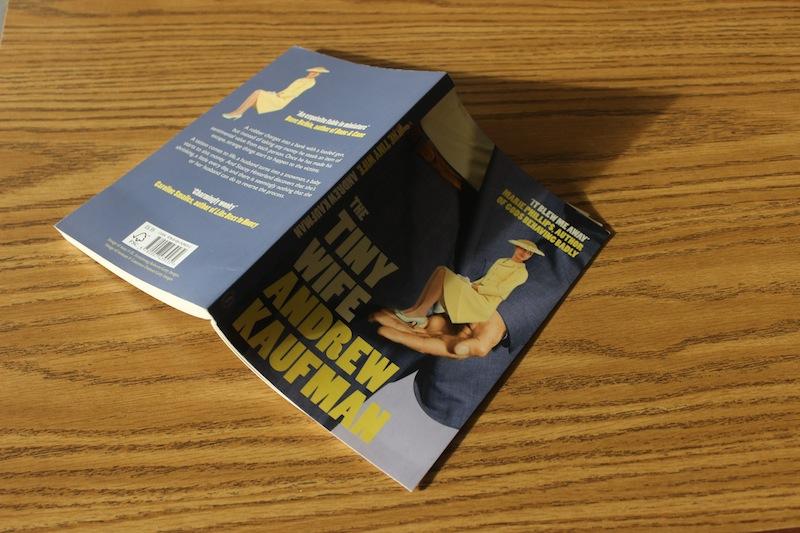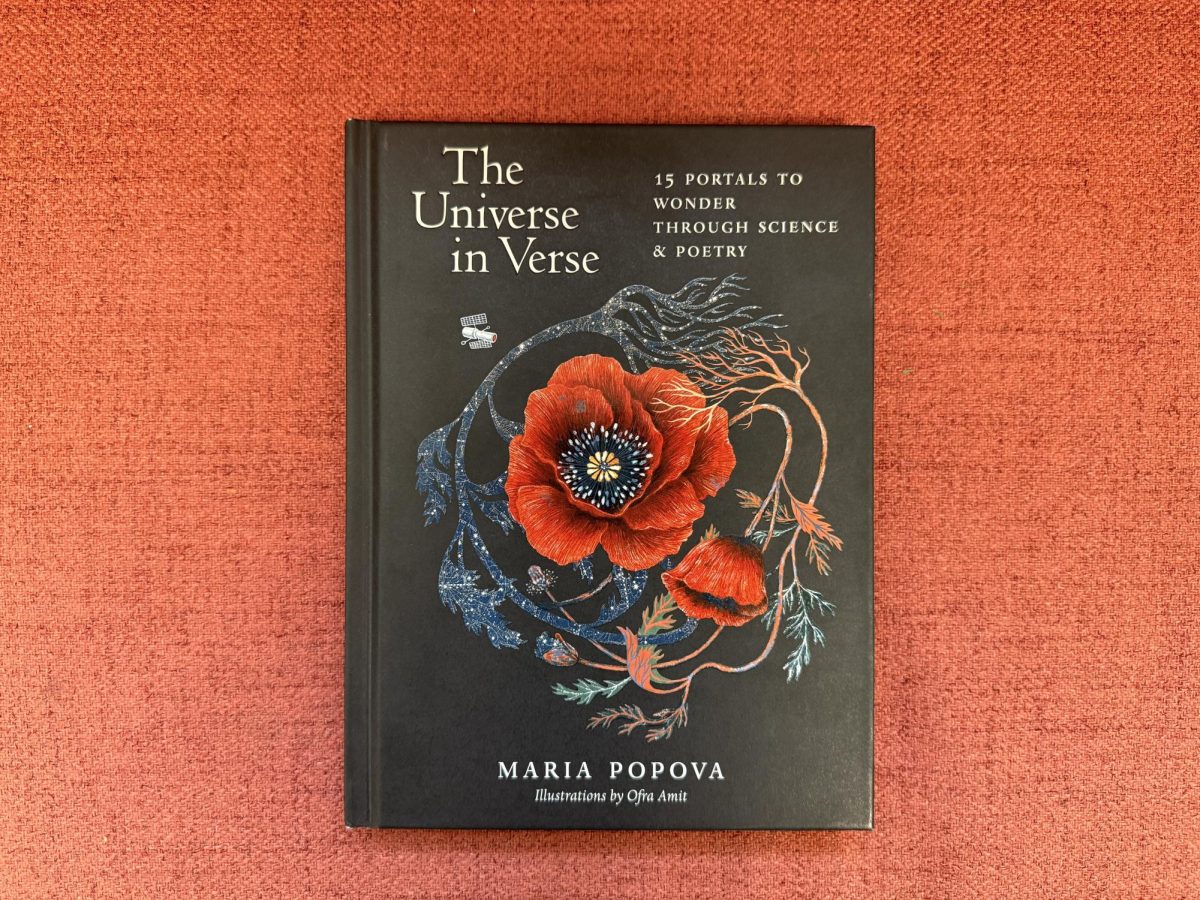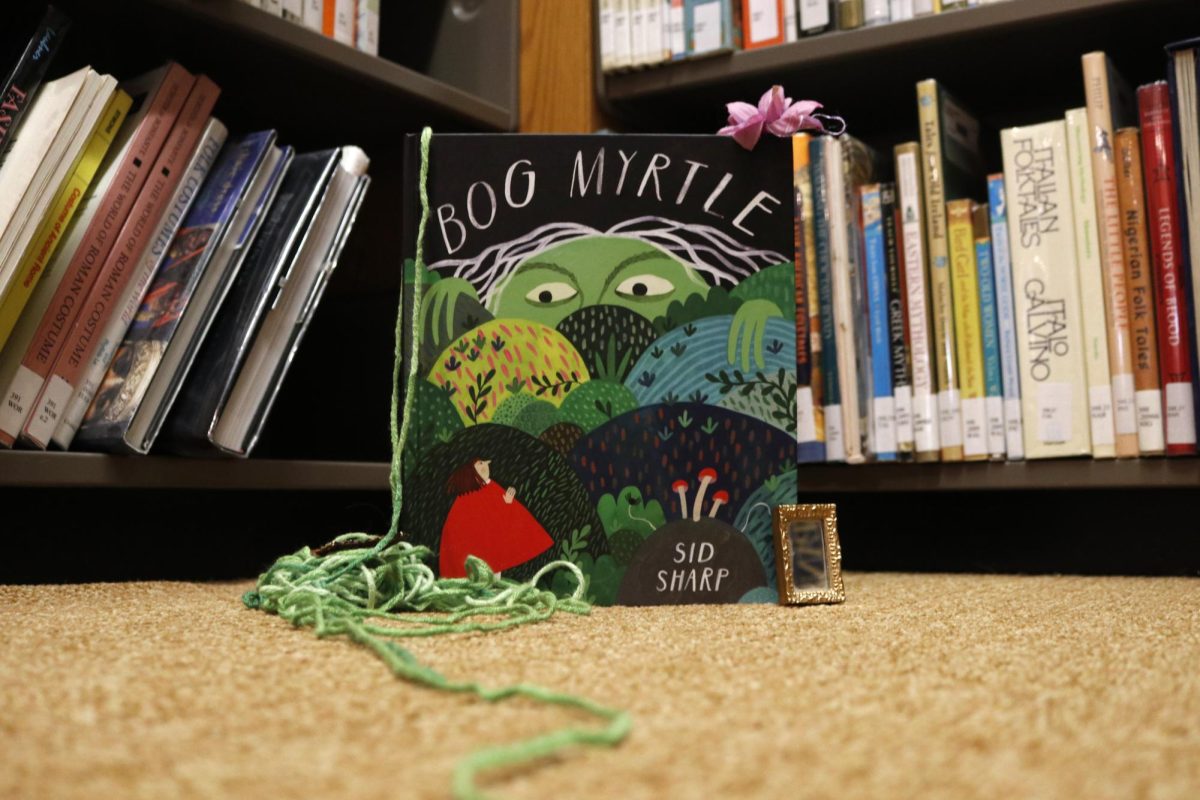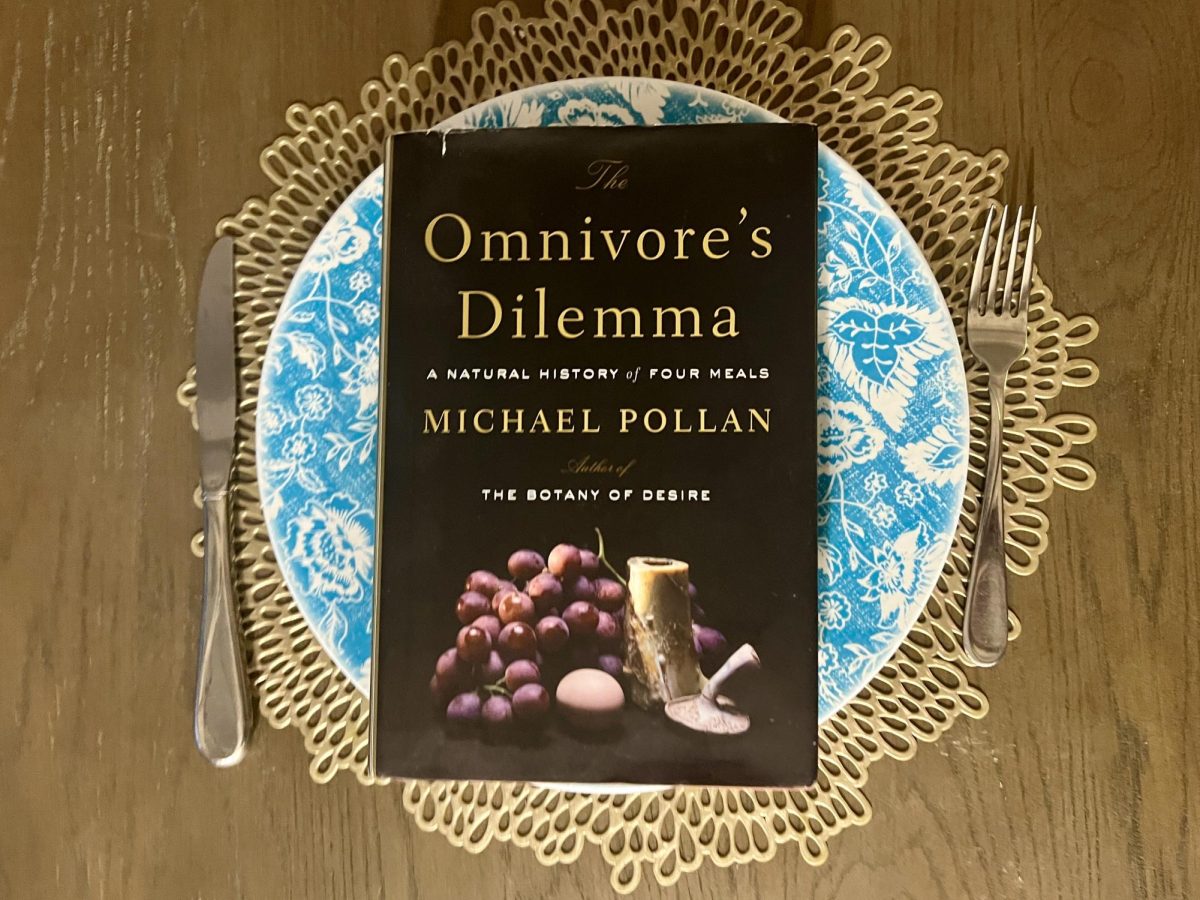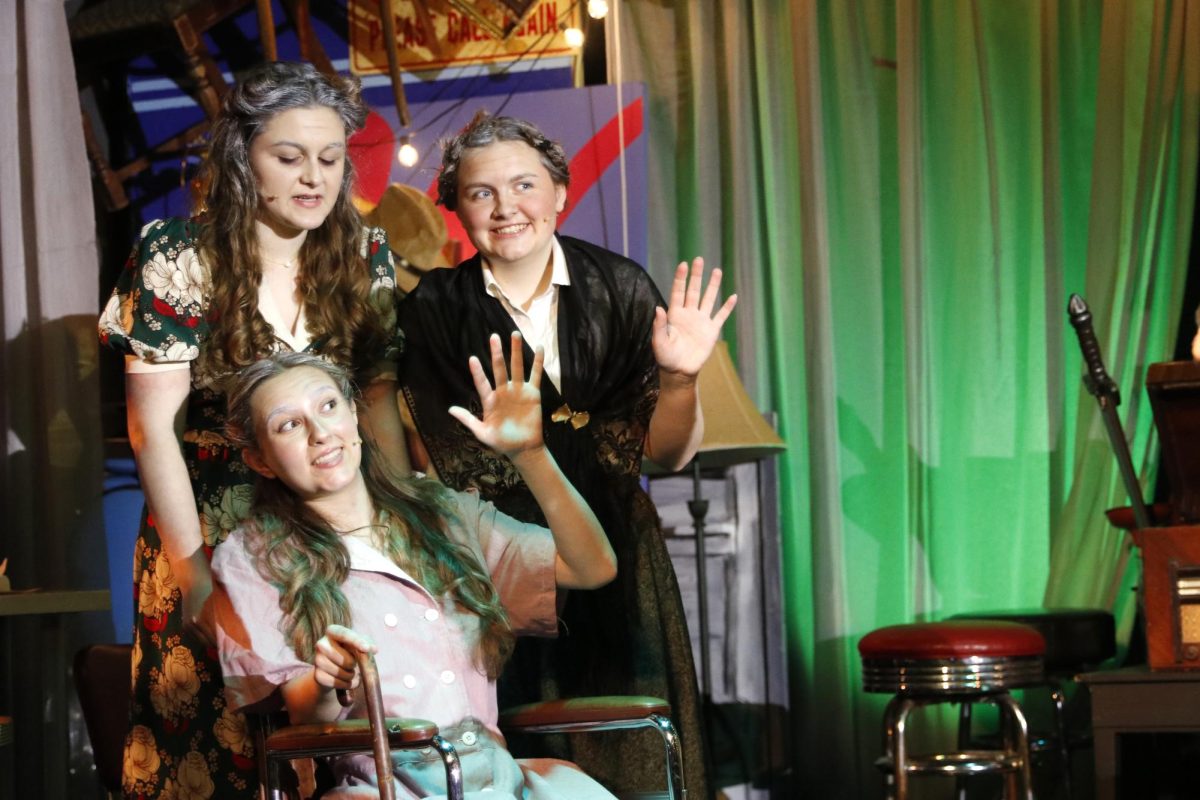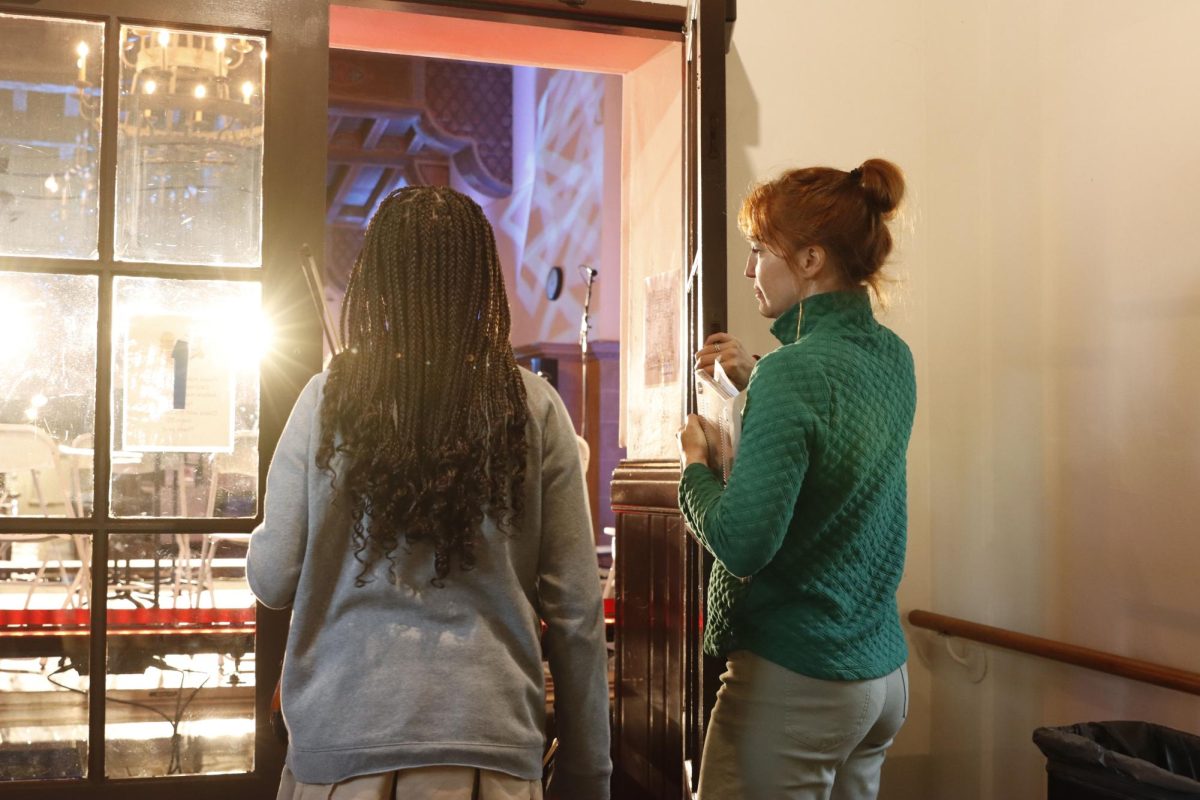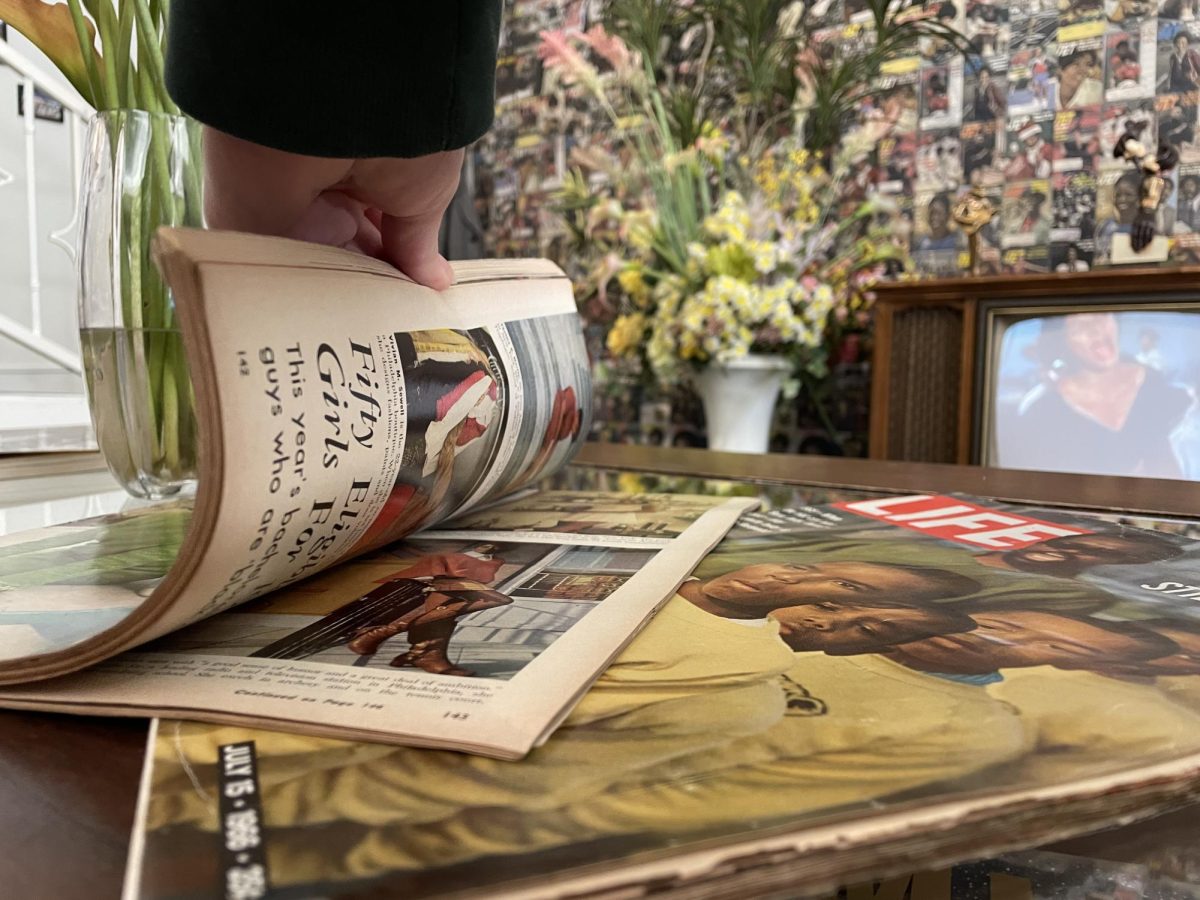Canadian author Andrew Kaufman’s novella “The Tiny Wife” is an accessible yet incredibly imaginative fable. In less than 88 pages, it explores moral ideas of gratitude and love in a metaphorical format.
“The Tiny Wife” tells the story of a bank robber who, instead of stealing money, takes an item of sentimental value from each person. Soon after, bizarre occurrences begin to take place with the victims. Most importantly, Stacey Hinterland, the wife of the narrator, begins to shrink.
Through the fates of the victims and Stacey’s life, a beautifully formed lesson about taking things for granted becomes apparent. The words are accompanied with occasional silhouette-like drawings, almost creating a childlike atmosphere, while still retaining a complex underlying message.
Despite being a light read, Marie Phillips, Author of “Gods Behaving Badly,” said, “It blew me away.” Caroline Smailes, author of “Like Bees to Honey,” called the book, “Charmingly wonky”, which I can certainly agree with.

Source: http://tom-percival.com/?p=404
One issue I have with the story is the abundance of characters that results in a lack of detail for each one. Kaufman constantly introduces characters that were part of the robbery to display more odd situations for the reader. However, after being presented, very few of the characters are ever mentioned again.
With that comes a few loose ends, not many, but with so many characters introduced, it would have been preferable to find out what happens to them more after their problems have been resolved. But then again, the lack of resolution in some of the characters can be seen as a representation of reality in a completely unrealistic setting.
Finally, the novella is written simply without losing subtle maturity, and the silliness and magical loopholes create an interesting modern day fairytale. I’d recommend this quick read to my friends, younger peers, and family alike.



